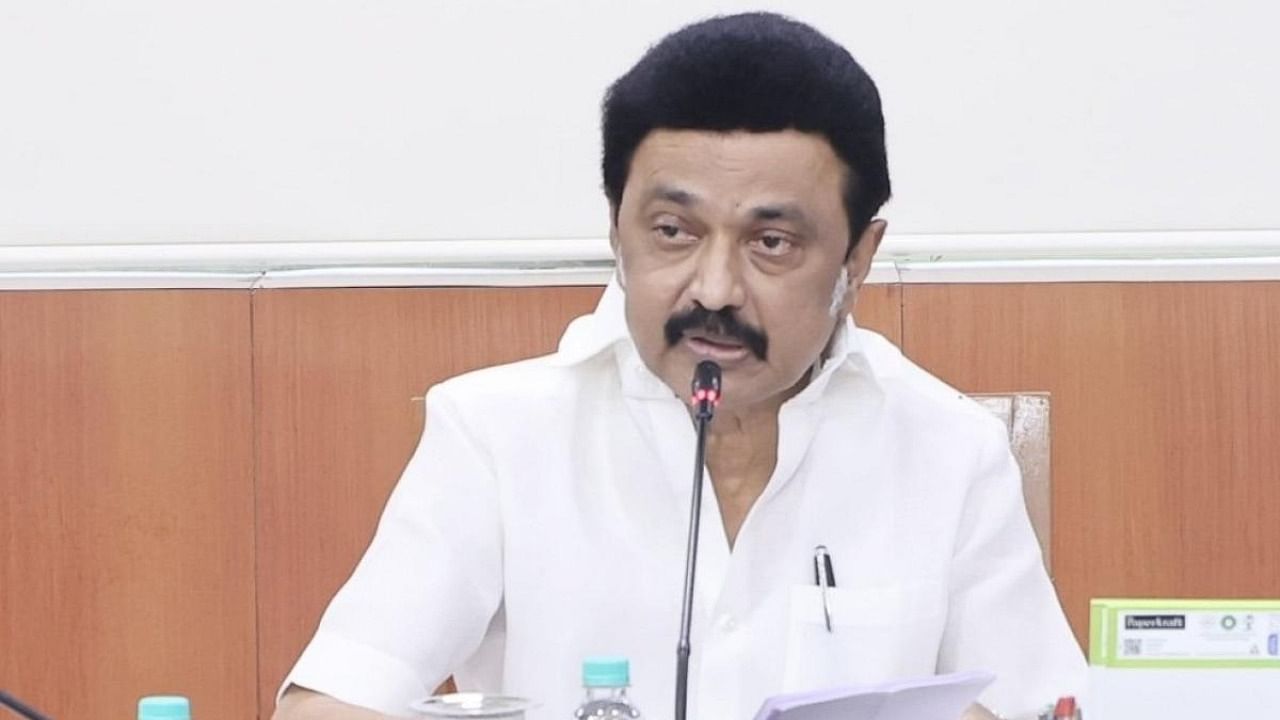
In its quest to get to the roots of ancient Tamils and their rich lifestyle, the Tamil Nadu government on Friday resumed archaeological excavations in four sites, including Keeladi and Sivagalai where past diggings have resulted in fascinating findings and launched the same in three new locations.
Chief Minister M K Stalin, whose government allotted Rs 5 crore to the Tamil Nadu State Department of Archaeology (TNSDA) after taking over in May 2021, kicked off the excavations via video conferencing at the state Secretariat here.
For the first time, publicity materials on the archaeological excavations were released in Hindi by the government as part of its plans to take the “past glory” of Tamils to a wider audience.
“The excavations were launched today at seven locations. They will go on till September/October after which work on report writing on the findings will begin. Permission for the excavations was granted by the Central Advisory Board for Archaeology (CABA) in January,” a senior government official told DH.
Vembakkottai (Virudhunagar district), Thulukkarpatti (Tirunelveli district), and Perumbalai (Dharmapuri district) are the three new locations where digging began on Friday. While the excavations in the Keeladi cluster in the Sivaganga district – Keeladi, Agaram, Manalur and Konthagai –enter the eighth phase, the digging in Sivagalai in Thoothukudi gets into the third phase.
The excavations in Gangaikondacholapuram in Ariyalur district, and Mayiladumparai in Krishnagiri district entered their second phase on Friday. Resumption of excavations in Keeladi and Sivagalai are significant as carbon dating of artefacts unearthed have established they are 2,600 and 3,200 years old respectively.
Keeladi, a Sangam Era site, bores evidence of an urban industrialised civilisation having existed on the banks of River Vaigai at least 2,600 years ago. Over 15,000 artefacts, including ring wells, iron dagger, terracotta beads, and earthen pot ware, have been unearthed from the Keeladi cluster so far in the seven phases. Carbon dating of paddy husks found in a burial urn in Sivagalai found them to be 3,200 years old, prompting Stalin to declare in September last year that the history of the Indian sub-continent should be rewritten from the Tamil landscape.
These findings have created a huge buzz with researchers in Tamil Nadu calling them significant as they “narrow down” the gap between the Tamil urban settlements and the Indus Valley Civilisation (IVC). However, many experts outside Tamil Nadu have rejected the Keeladi-IVC link theory, calling it “too premature.”
As part of its plans to conduct offshore explorations in the sea off the coast of Korkai, the much-celebrated port of the glorious Sangam Era, the TNSDA also plans to take up a Reconnaissance Survey will also be taken up in association with the Indian Maritime University and the National Institute of Ocean Technology (NIOT) to identify and assess the archaeological potentiality of the then port city.
The CABA has also given its nod for undertaking two archaeological explorations to identify Neolithic sites in Vellore, Krishnagiri, Dharmapuri, Tiruvannamalai, and Salem districts and to identify potential archaeological sites on the banks of Thamiraparani river in Tirunelveli and Thoothukudi.
Check out the latest videos from DH: